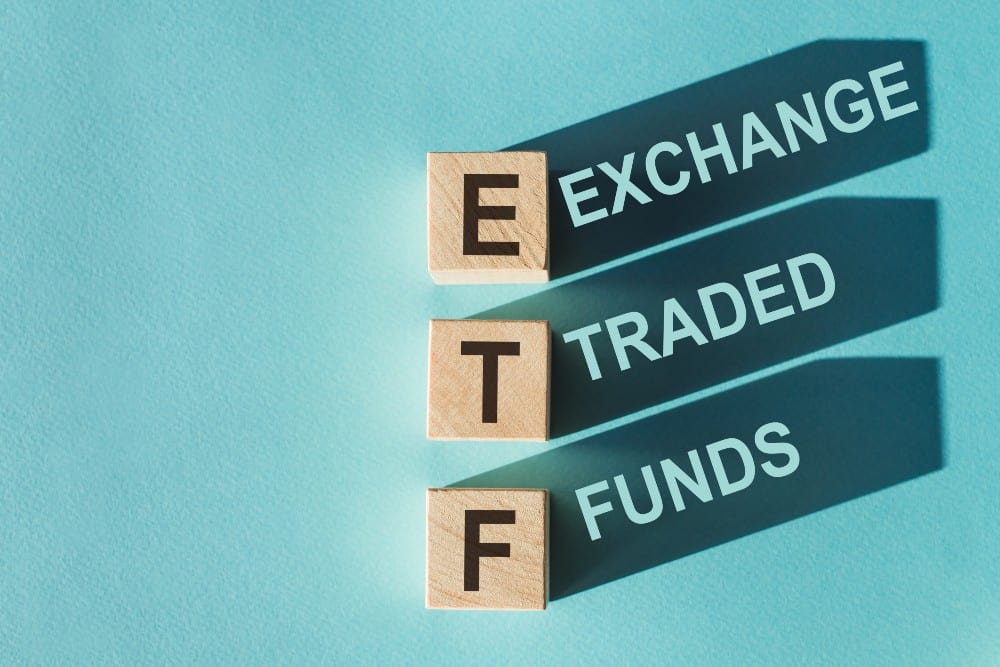High-yield dividend exchange-traded funds (ETF) can be a great way to generate passive income without the hassle of picking individual stocks. For Canadian investors, ETFs like iShares Canadian Financial Monthly Income ETF (TSX:FIE), BMO Global Infrastructure Index ETF (TSX:ZGI), and Vanguard FTSE Canadian High Dividend Yield Index ETF (TSX:VDY) offer strong dividend payouts and diversification. These ETFs focus on stable, income-generating sectors, making each attractive to long-term investors who want consistent returns without excessive risk.
FIE
FIE is a popular choice for investors looking to tap into Canada’s strong financial sector. This ETF primarily holds banks, insurance companies, and other financial institutions, which have historically been reliable dividend payers. The fund also incorporates preferred shares and some bonds, which help stabilize its income stream. As of writing, FIE has delivered a one-year return of 26.53%, reflecting the strong performance of Canada’s major banks and insurers. With a current yield of 5.78%, investors can count on a solid monthly income from this ETF.
One of FIE’s biggest draws is its exposure to Canada’s top financial institutions. These companies have a long history of paying and growing dividends, making them solid foundations for any income-focused portfolio. Plus, with Canadian banks maintaining strong capital positions and benefiting from higher interest rates, they continue to generate significant profits, further supporting the ability to pay out dividends.
ZGI
ZGI offers a different approach to dividend investing by focusing on global infrastructure stocks. This ETF holds companies in essential industries like utilities, pipelines, and transportation, which provide stable cash flows regardless of economic conditions. As of its latest market update, ZGI had a year-to-date return of 2.03%, making it a solid defensive play.
Infrastructure investments are particularly appealing because they generate revenue through long-term contracts and regulated pricing. This stability allows companies in the sector to maintain strong dividend payouts even during economic downturns. ZGI’s focus on energy and utilities, sectors that remain in demand regardless of economic cycles, adds to its appeal, especially as a reliable income-generating investment. While interest rate fluctuations can affect infrastructure stocks, many of these companies have pricing power that allows them to adjust for inflation.
VDY
VDY takes a more traditional approach to dividend investing, focusing on large-cap, high-yielding Canadian stocks. This ETF is heavily weighted toward financial and energy companies, which together make up nearly 90% of the fund. With a yield of 3.91% and a long track record of performance, VDY.TO remains a favourite among income investors, particularly those looking for exposure to blue-chip Canadian companies.
The financial sector dominates VDY’s portfolio, and that’s not necessarily a bad thing. Canadian banks are among the most stable in the world, with strong regulatory oversight and consistent profitability. Meanwhile, energy companies provide additional income stability due to their long-term contracts and infrastructure-based revenue. These factors contribute to VDY’s ability to generate a steady and growing dividend stream for investors.
Bottom line
While all three ETFs provide strong dividend yields, each serves different investment needs. FIE is best for those looking for exposure to Canada’s financial sector with a mix of bonds and preferred shares for stability. ZGI is ideal for investors seeking global infrastructure exposure, offering defensive positioning and stable cash flows. VDY is perfect for those wanting to invest in Canada’s top dividend stocks with a heavy emphasis on banks and energy companies.
Before investing, it’s important to consider how these ETFs fit into your overall portfolio and financial goals. While high-yield ETFs provide consistent income, these can also be affected by market conditions, interest rate changes, and sector-specific risks. Diversification remains key, and combining these ETFs with other asset classes can help reduce overall risk — all while maintaining strong income potential.

